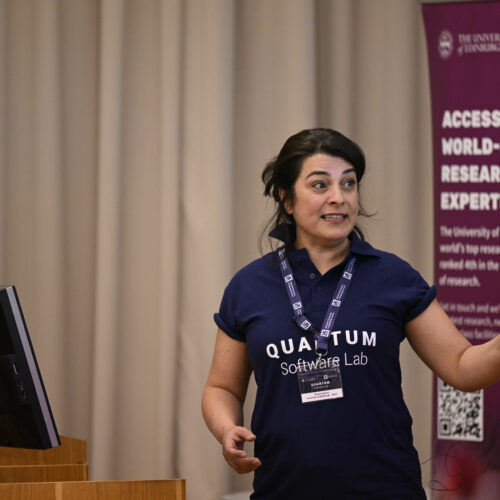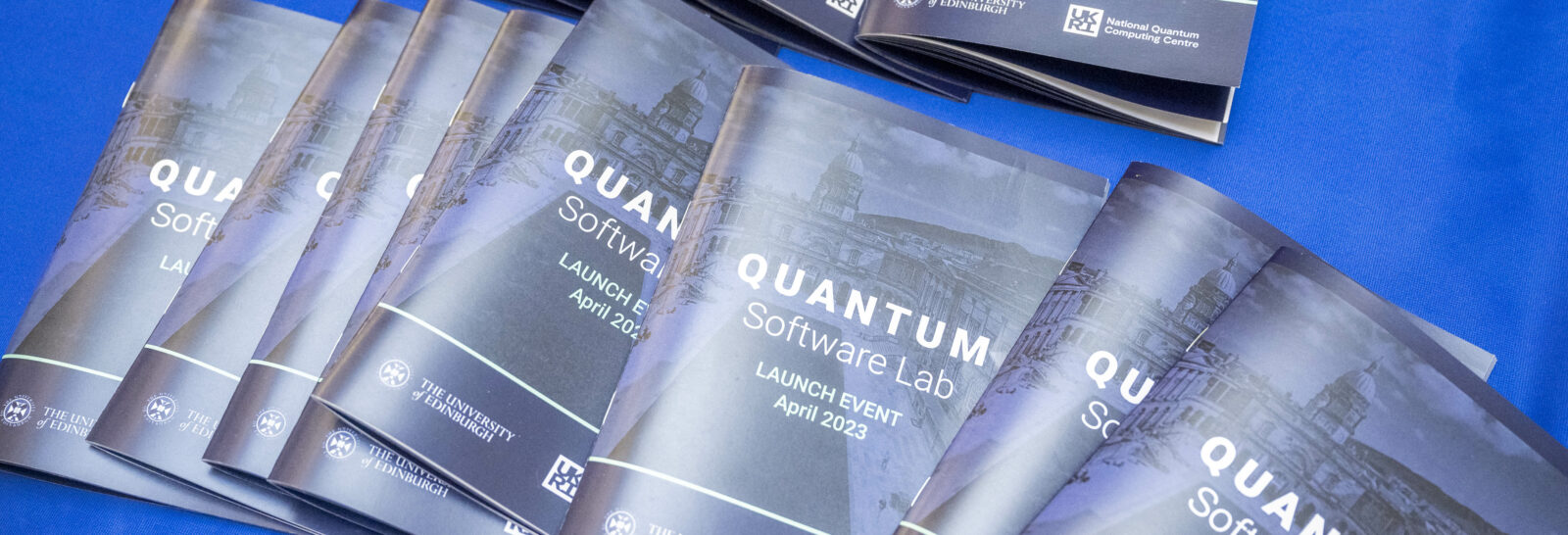By creating a focal point for quantum software development in the UK, the QSL aims to attract new research talent, provide education and training for the next generation of quantum developers, and provide a source of scientific expertise for the wider quantum community.
The objectives
Hosted by the University of Edinburgh in collaboration with the NQCC, the Quantum Software Lab (QSL) will have a key focus on investigating practical ways to exploit quantum computing for solving problems that are beyond the reach of classical machines.

Align with the NQCC’s key objectives
The QSL’s ambitions will align with the NQCC’s user engagement program, called SparQ, which aims to explore practical uses of quantum computing by providing access to the technology, alongside training and networking opportunities. The QSL team will work closely with the NQCC’s innovation specialists and applications engineers to identify and develop use cases where quantum computing can deliver a demonstrable benefit over classical solutions.
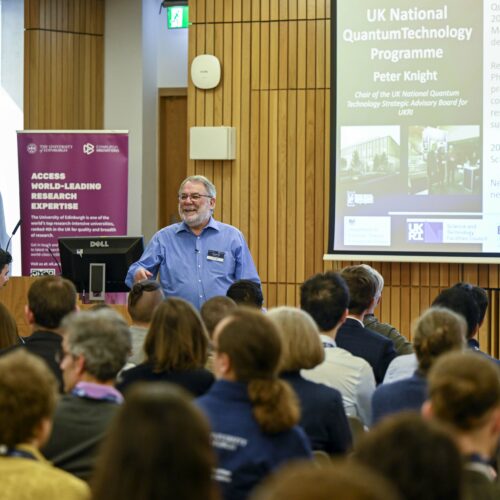
Solve real-world use cases
Within the Lab’s overall framework, there is a clear focus on translating specific use cases into practical solutions, with senior researchers in the team responsible for establishing initial use cases, translating the requirements into a research problem, developing and optimising appropriate quantum algorithms, and then benchmarking the solution to make sure it meets requirements of the application.
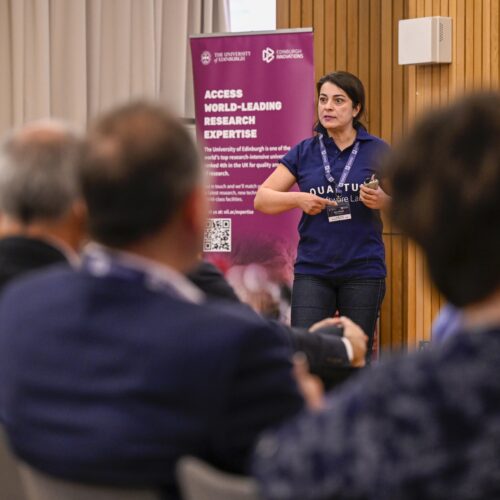
New research talent
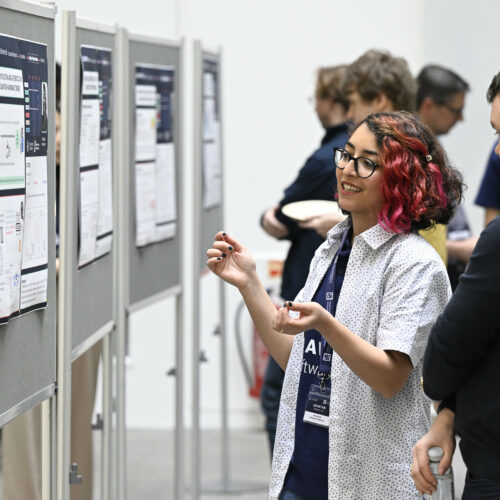
Foster collaboration
The QSL team is also in a perfect position to engage with scientists and engineers at the university who are working on research problems that can be addressed with quantum computing, such as molecular simulations in chemistry or many-body problems in physics. More generally, the aim is to create an open environment that fosters collaboration with both academic groups and industry partners.

Ready for the challenge
The Lab’s strategic partnership with the NQCC will also help to create a community of quantum software specialists who can work with other stakeholders, including hardware developers and end users across government, academia and industry, to drive the development and adoption of practical quantum computers. “It takes a whole ecosystem to develop a useful quantum computer,” concluded Kashefi at the end of the launch event. “The NQCC is the dream partner for the QSL, and we are ready for the challenge.”
